The goal of the three-years Italian National Ph.D. program in Artificial Intelligence for Society is to foster post-graduate education of researchers, innovators and professionals with specialisations in the cutting-edge methods of Artificial Intelligence as well as in application sectors of high societal impact. The Ph.D. program ensures an integrated and “complex” vision of the ecosystem of AI technologies and solutions, able to address societal challenges with a systemic, multi-disciplinary approach. The Ph.D. program is part of the Italian National PhD programs in Artificial Intelligence (PhD-AI.it), composed by 5 federated Ph.D. programs that bring together 60+ universities and research institutions. The 5 Ph.D. programs share a common basis in the foundations and developments of AI, and each one has an area of specialisation in a strategic sector of AI .
Lead Institution
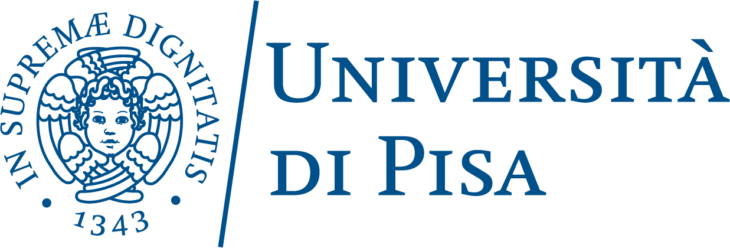
University of Pisa, Department of Computer Science
Associated Institutions
 |
 |
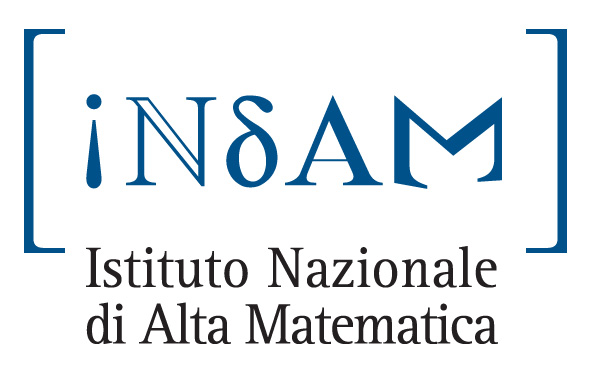 |
|
 |
 |
Associated Universities
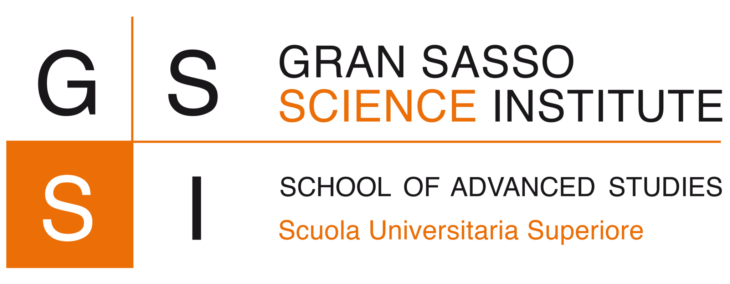 |
 |
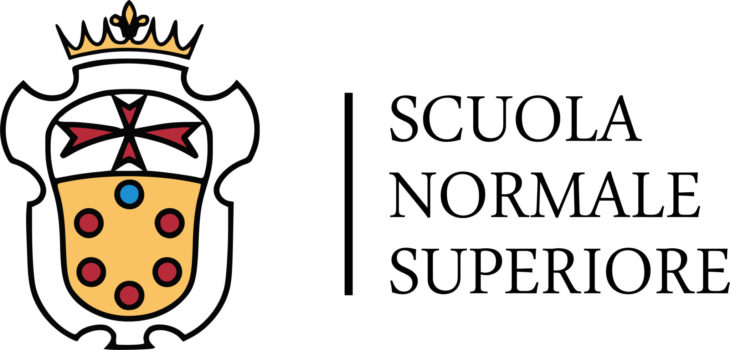 |
 |
|
 |
 |
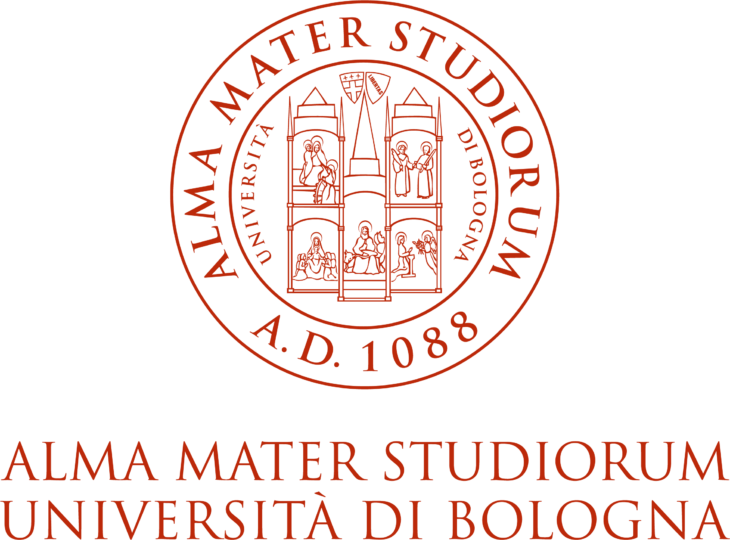 |
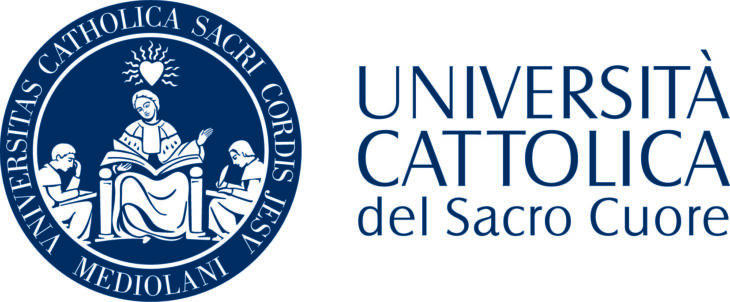 |
|
 |
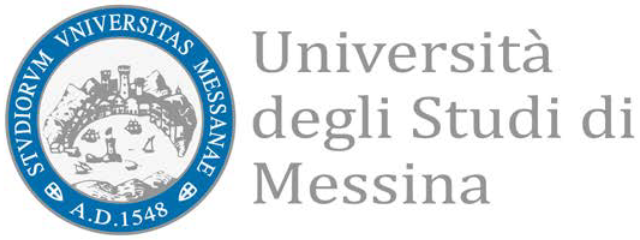 |
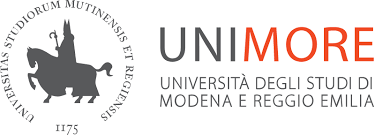 |
 |
|
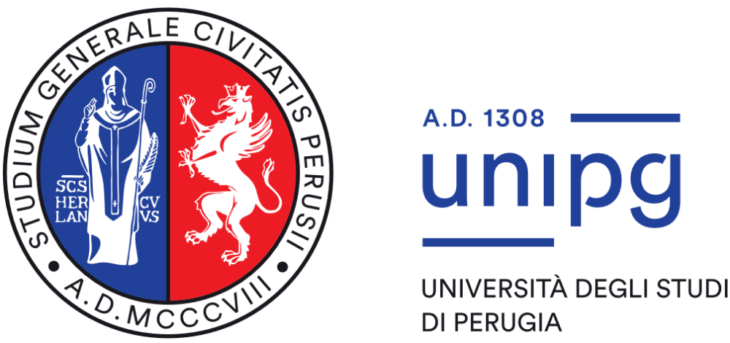 |
 |
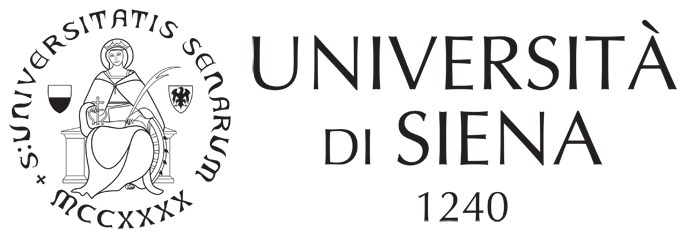 |
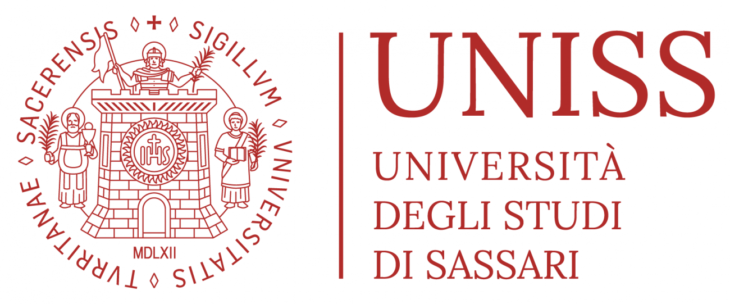 |
|
 |
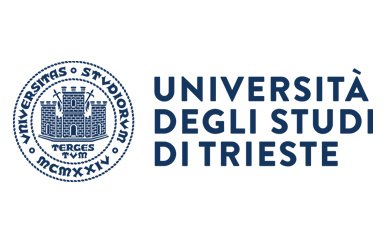 |
Associated Companies
 |
 |
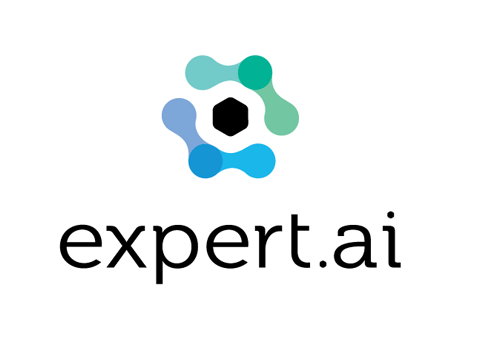 |
|
 |
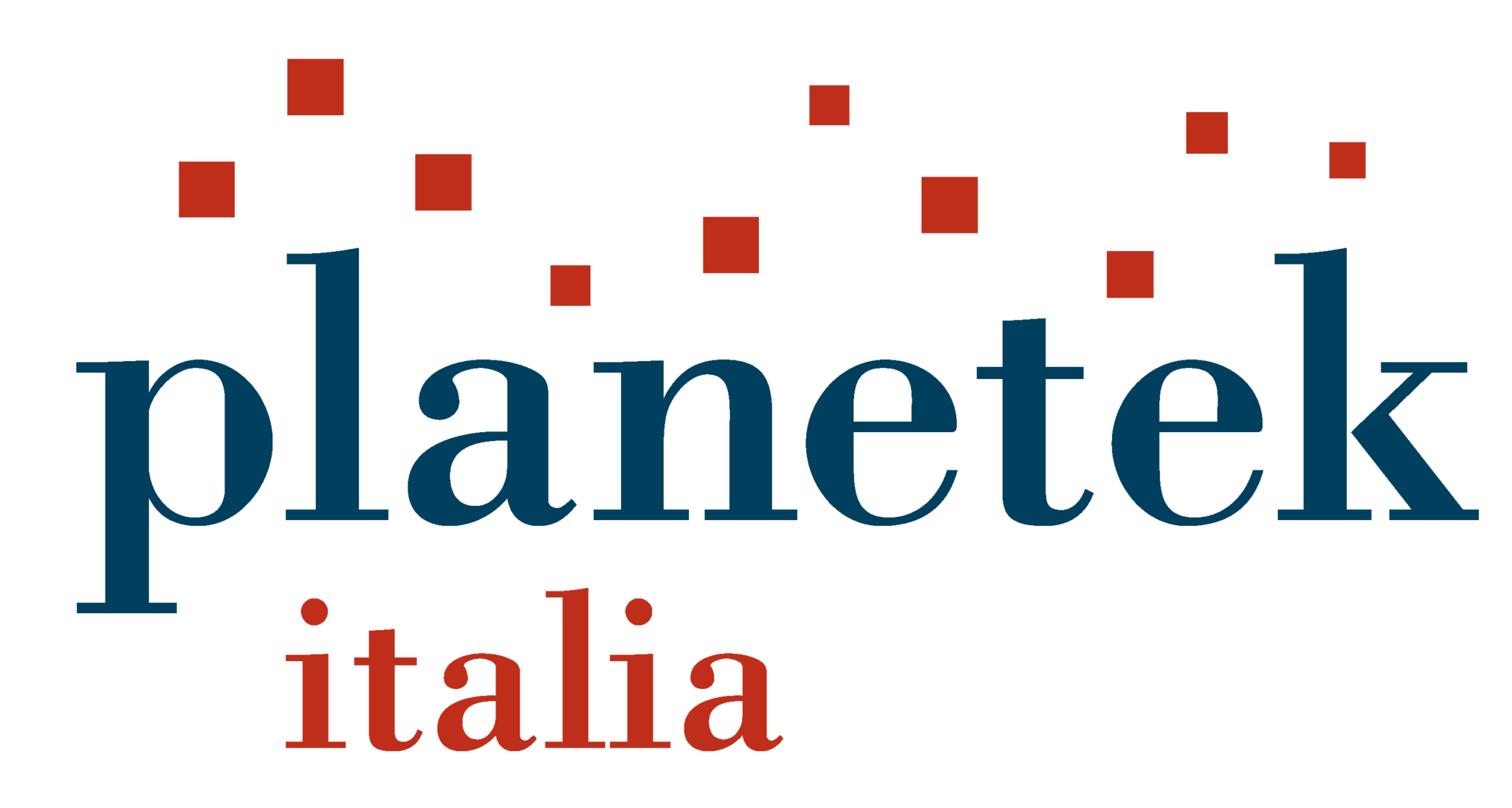 |
 |
 |
 |
AI for Society – scientific vision
The study of society and the complexity of social and economic phenomena has received a strong boost in the last decade thanks to AI and Data Science methods, powered by the social microscope of big data analytics and social mining through inter-disciplinary hybridisation with social and economic sciences. The combination of the model-driven and data-driven approaches of data mining, machine learning and network science is progressively increasing the ability to observe, measure, model and predict complex socio-economic phenomena, such as human mobility and the dynamics of cities, migration and its economic determinants, the wellbeing dimensions of communities, the formation and dynamics of opinions and online conversations, and the social impact of AI systems. This scientific line is intertwined with that of human-centric AI, the development of advanced forms of person-machine interaction capable of improving the quality of individual and collective decision making in sensitive fields, from health to justice, economic transactions, and risk assessment in various social and economic domains. The AI for Society specialisation area will focus on crucial topics such as explainable AI, AI for personal assistance, AI for social interaction, AI for social good, following an approach aimed at incorporating shared ethical values (ethics-by-design) in AI systems and at achieving common goals, with a view to sustainability, diversity, respect for human dignity and autonomy, inclusiveness and social acceptability.
